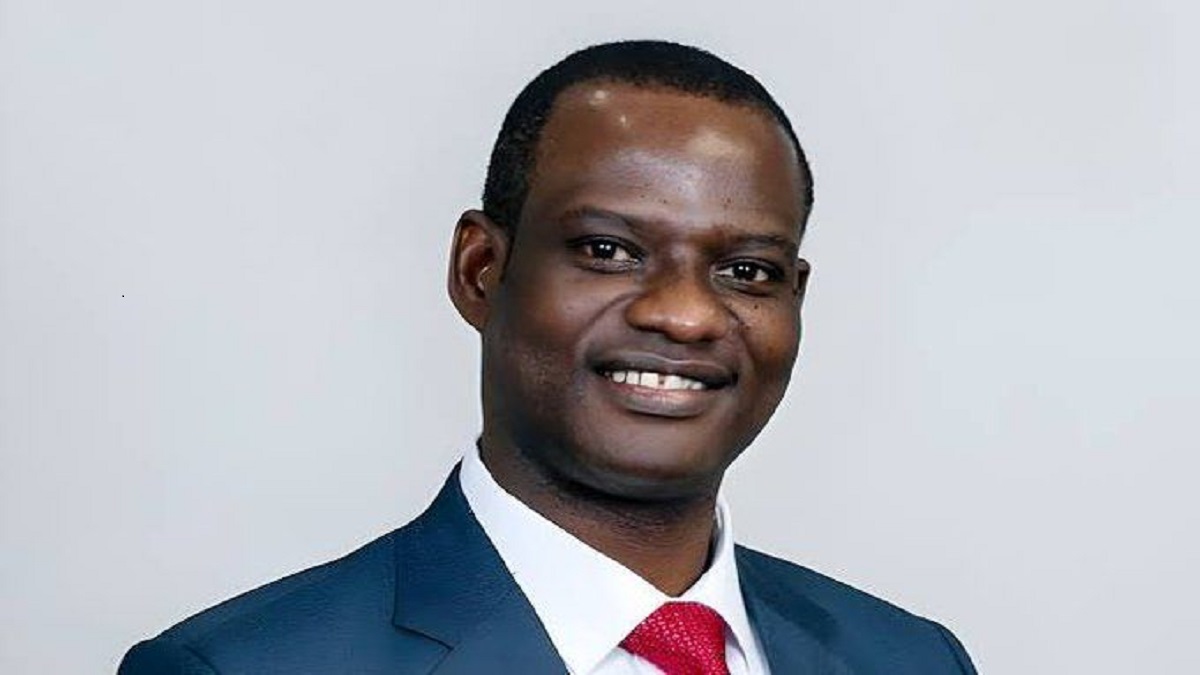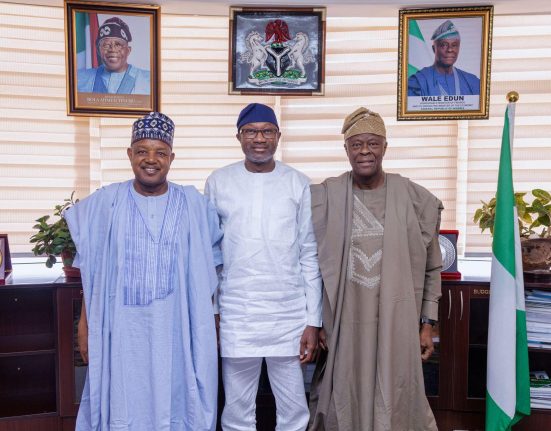The Chairman of the Presidential Fiscal Policy and Tax Reforms Committee, Mr. Taiwo Oyedele, has announced that Nigerian households earning ₦250,000 or less on a monthly basis will be exempted from paying personal income tax, in what he described as a major step towards easing the financial pressure on low-income earners across the country.
Speaking during a recent media briefing in Abuja, Oyedele explained that the proposed reform is part of a broader effort to restructure Nigeria’s complex and often regressive tax system, which has long placed a disproportionate burden on individuals and small-scale earners. According to him, the committee’s recommendations are being finalised and will soon be submitted to the National Assembly for legislative action.
“We believe it is neither fair nor productive to keep taxing Nigerians who are already living on the margins,” Oyedele said. “With the current economic realities, especially inflation and the removal of fuel subsidies, it has become imperative to shield vulnerable households from excessive tax obligations. No household earning ₦250,000 or less per month should have to worry about income tax.”
He further stated that the proposed tax relief is designed to promote voluntary compliance among middle- and high-income earners while encouraging broader participation in the formal economy. The plan also includes streamlining tax processes for small businesses, curbing multiple taxation, and closing loopholes that allow high-net-worth individuals and corporations to evade their fair share of public revenue contributions.
The announcement has been met with cautious optimism from civil society groups and labour unions, who have long called for a tax system that reflects social justice and economic fairness. However, some fiscal analysts have expressed concerns over how the government intends to compensate for the potential revenue shortfall that could arise from the tax exemption.
The Federal Inland Revenue Service (FIRS) and the Joint Tax Board have been consulted as part of the reform process, and further clarifications are expected once the bill is presented to lawmakers in the coming weeks.
As Nigerians continue to navigate the pressures of a challenging economy, this proposed exemption could provide meaningful relief for millions of families who have, for years, borne the brunt of Nigeria’s uneven tax regime.



